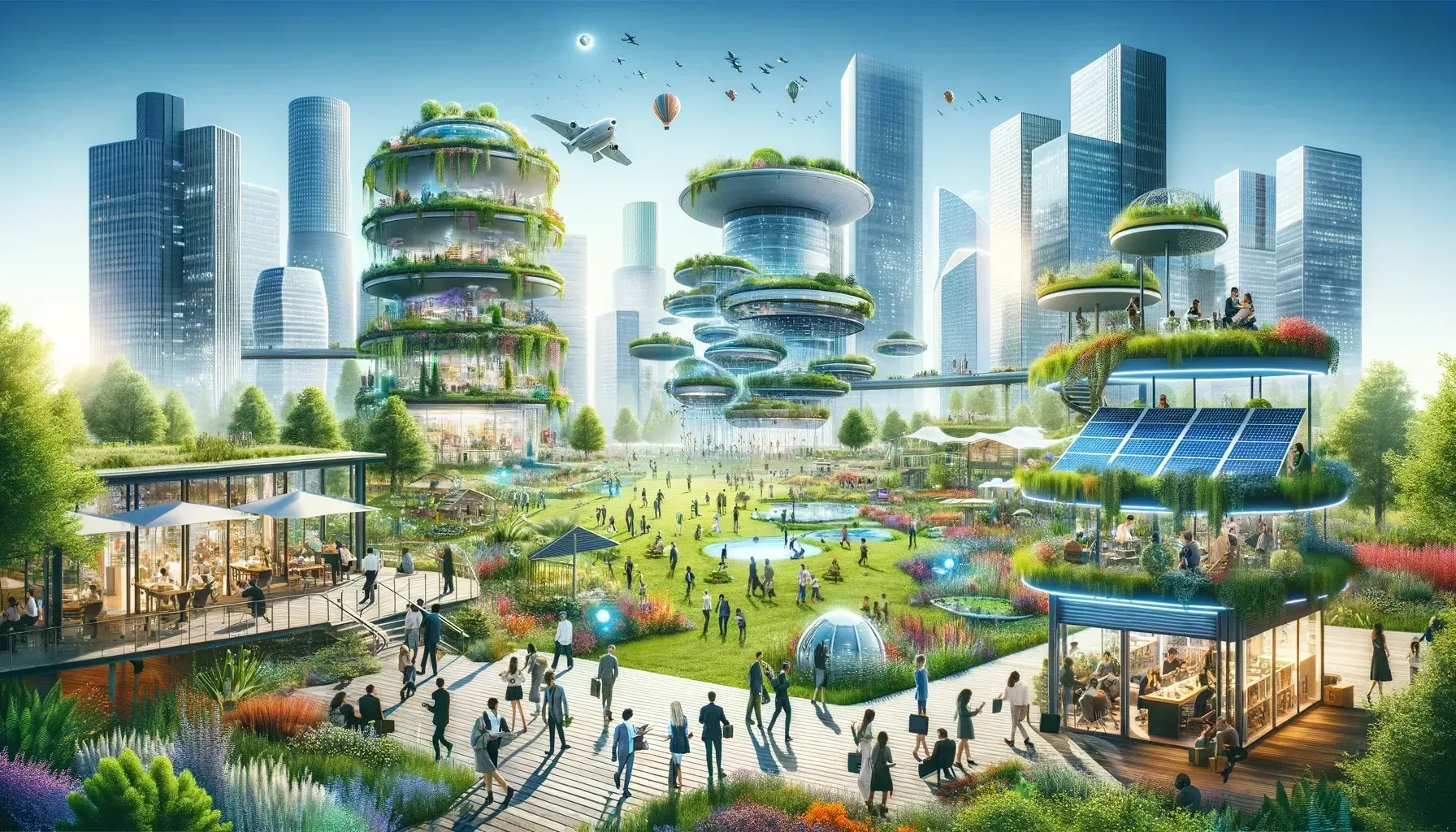
Navigating the Future: Thriving in Today's Economic Landscape
In an era where economic trends shift as swiftly as the winds, understanding and adapting to these changes is not just beneficial, it's essential. "Navigating the Future: Thriving in Today's Economic Landscape" aims to be your compass in this ever-evolving economic environment.
The Dynamic Economic Environment
The global economy is a complex and dynamic system, influenced by a myriad of factors including technological advancements, political shifts, environmental changes, and social trends. These factors collectively shape the economic landscape, presenting both challenges and opportunities.
Technological Innovation and Its Economic Impact
In recent years, technology has been a major driver of economic change. Innovations like artificial intelligence, blockchain, and the Internet of Things are revolutionizing industries, creating new markets, and altering labor dynamics. Understanding these technologies is key to identifying future economic trends and opportunities.
Political Factors: Policies and Global Interactions
Political decisions can have profound effects on the economy. Trade policies, regulatory changes, and fiscal decisions shape business environments. Navigating this landscape requires an understanding of current political climates and their potential economic impacts.
Environmental Changes and Sustainable Economics
Climate change and environmental sustainability are increasingly influencing economic policies and consumer behavior. Companies and individuals who adapt to and anticipate these changes can not only contribute to environmental sustainability but also find economic benefits in doing so.
Social Trends Shaping the Economy
Social movements and changing consumer attitudes also drive economic trends. For instance, the growing emphasis on social responsibility and ethical business practices is influencing purchasing decisions and corporate strategies.
Adapting to Change: Strategies for Success
Adapting to these dynamic economic conditions requires flexibility and foresight. Businesses and individuals can thrive by:
1. Embracing Technological Advancements: Stay informed about emerging technologies and consider how they can be integrated into business strategies or career skills.
2. Understanding Political Landscapes: Keep abreast of political developments and adjust business strategies accordingly.
3. Fostering Sustainable Practices: Adopt environmentally sustainable practices not only for ethical reasons but as a competitive advantage.
4. Responding to Social Trends: Understand and respond to changing consumer attitudes and social trends to stay relevant.
Last But Not Least: The Path Forward
A times, the future of the economy may be uncertain, but by understanding and adapting to these trends, businesses and individuals can not only navigate these changes but also find opportunities for growth and success.




